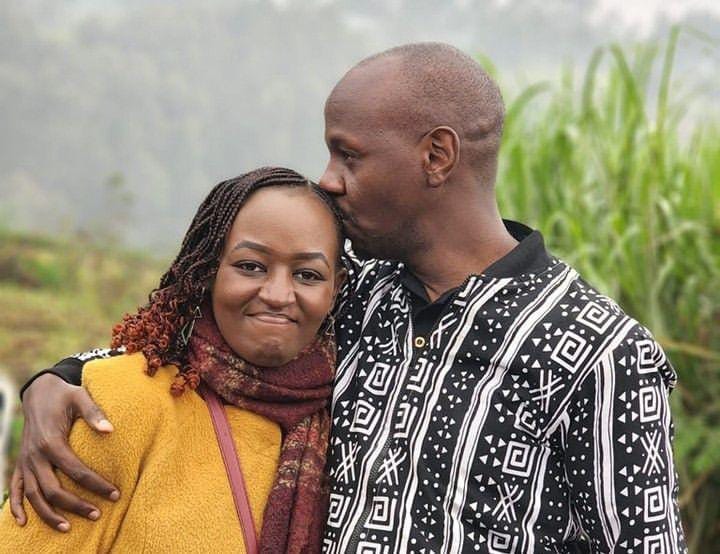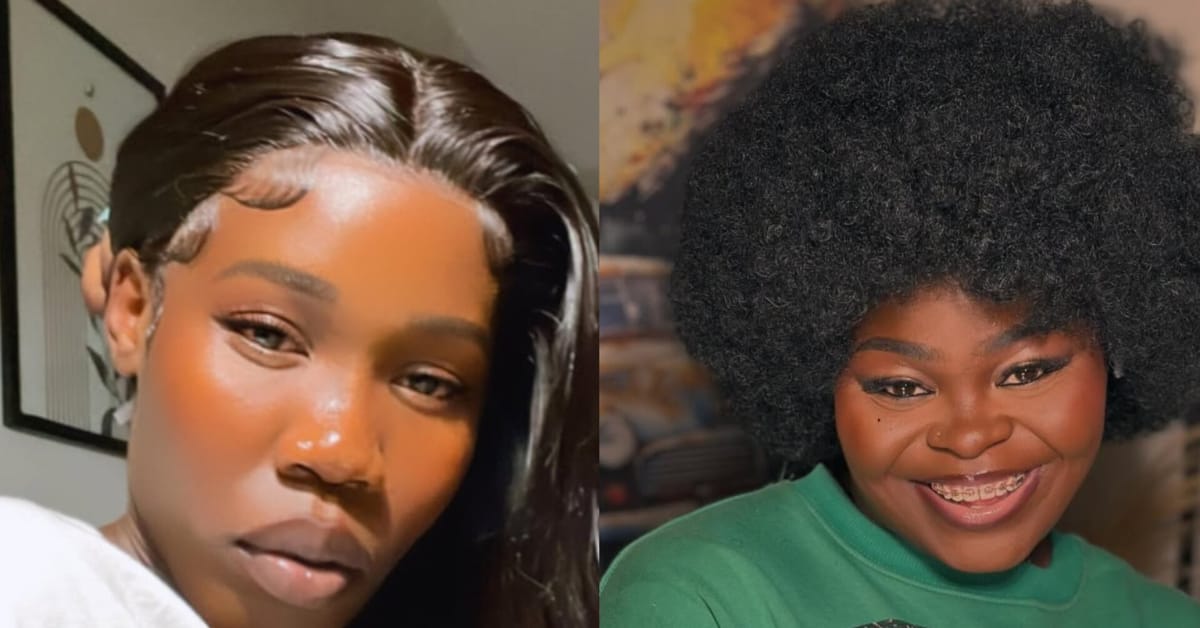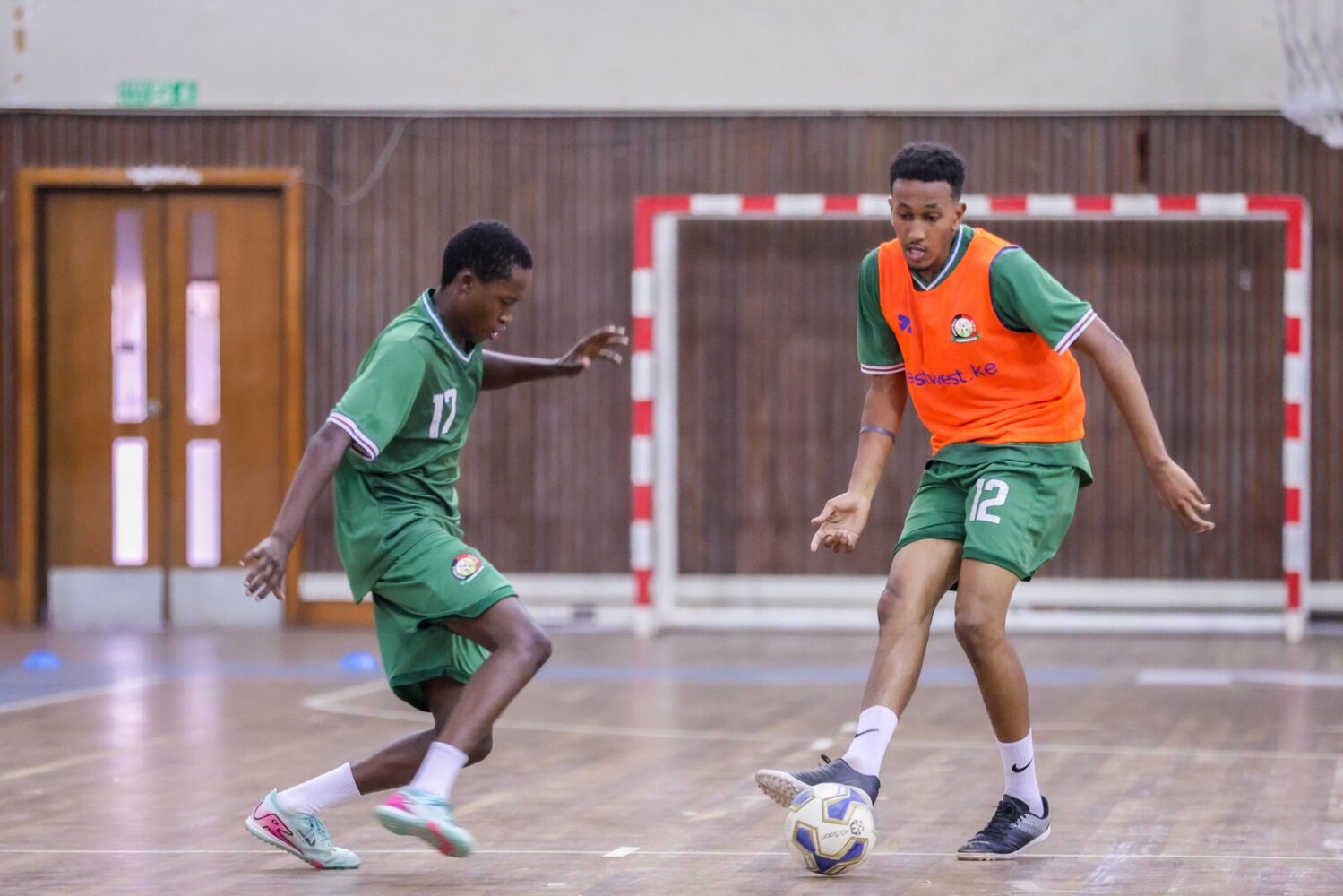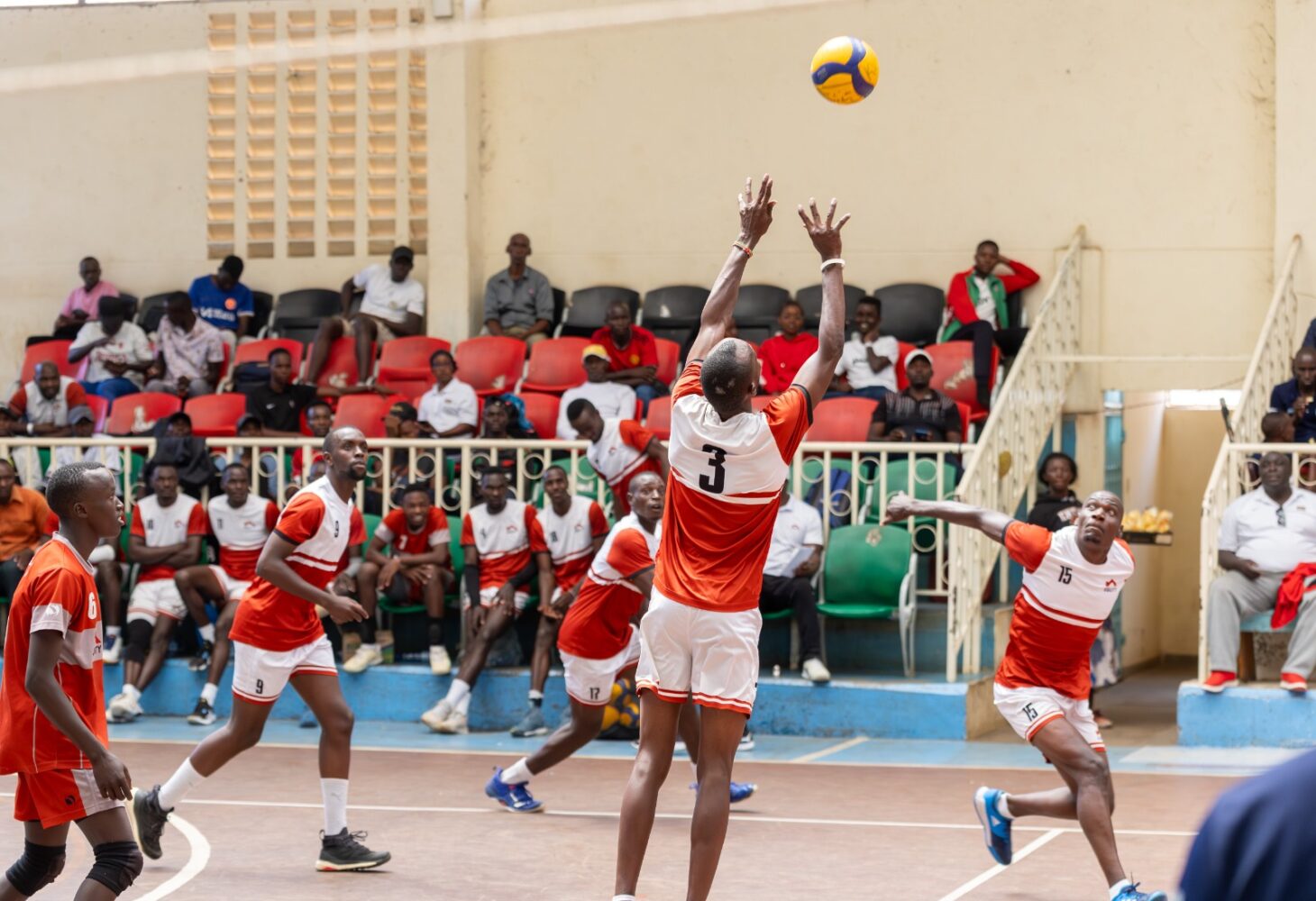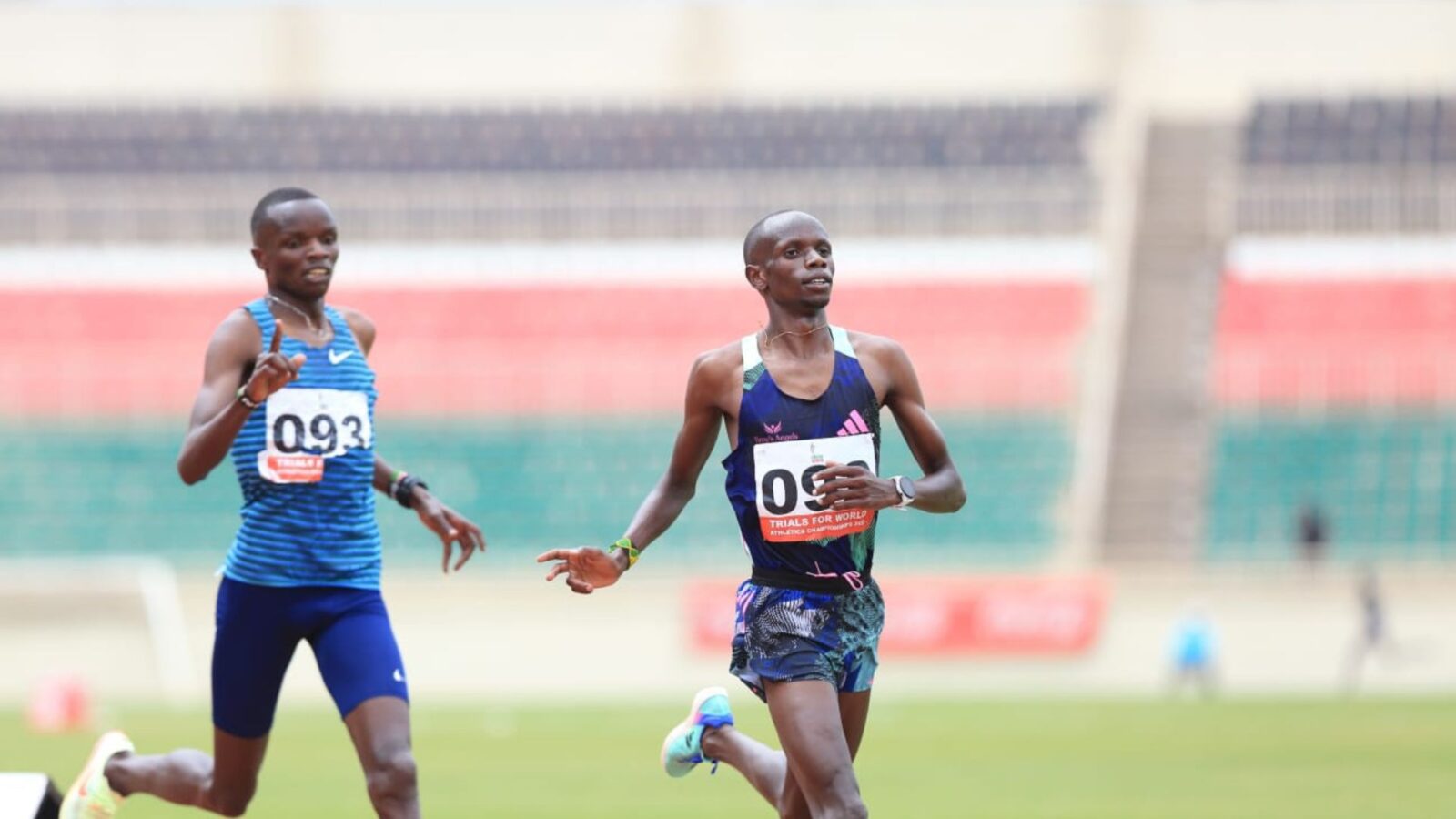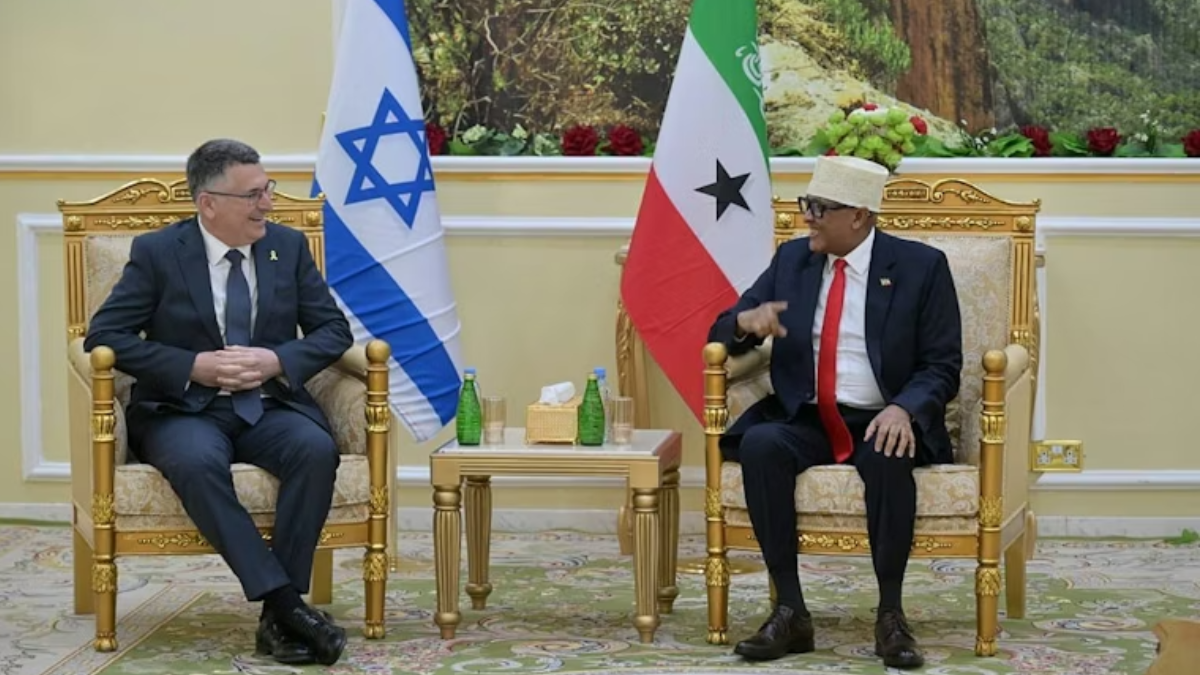Over 300 distinguished women in law from across Africa gathered in Nairobi this week for a historic three-day conference championing gender justice, intergenerational leadership, and inclusive reform in legal systems.
Hosted by FEMNET in collaboration with Co-Impact and other global partners, the event themed “Women Leading in Shaping Justice Across Generations” concluded on July 16, 2025 with powerful declarations, bold commitments, and a renewed call for solidarity across borders and generations.
Held from July 14 to 16 at the Pullman Nairobi Upper Hill Hotel, the convening brought together judges, lawyers, policymakers, academics, media professionals, and young legal minds to co-create transformative solutions that elevate women’s voices in justice systems across Africa.
A gathering rooted in legacy and resistance
Opening day set a powerful tone. In her rousing welcome, Memory Kachambwa, Executive Director of FEMNET, reminded participants that this was not just another legal forum but “a feminist movement anchored in justice, not symbolism.”

Faith Odhiambo, President of the Law Society of Kenya, delivered a keynote that left the room in a reflective hush:
“Justice must not be exclusive, elitist, or symbolic. It must be lived, inclusive, and anchored in the everyday lives of African women,” she said. “When generations rise for each other, we rise for the future of justice in Africa.”

She added, “This dialogue is our baobab tree—no one person can embrace its fullness. But together, we become the spider webs that tie up the lion of injustice.”
The event’s historic significance was amplified by Lady Justice Njoki Ndung’u, Judge of the Supreme Court of Kenya, who reflected on her journey from lone voice to lawmaker. She cited monumental reforms like the Sexual Offences Act of 2006 and urged women to move from “being visible to being powerful.”
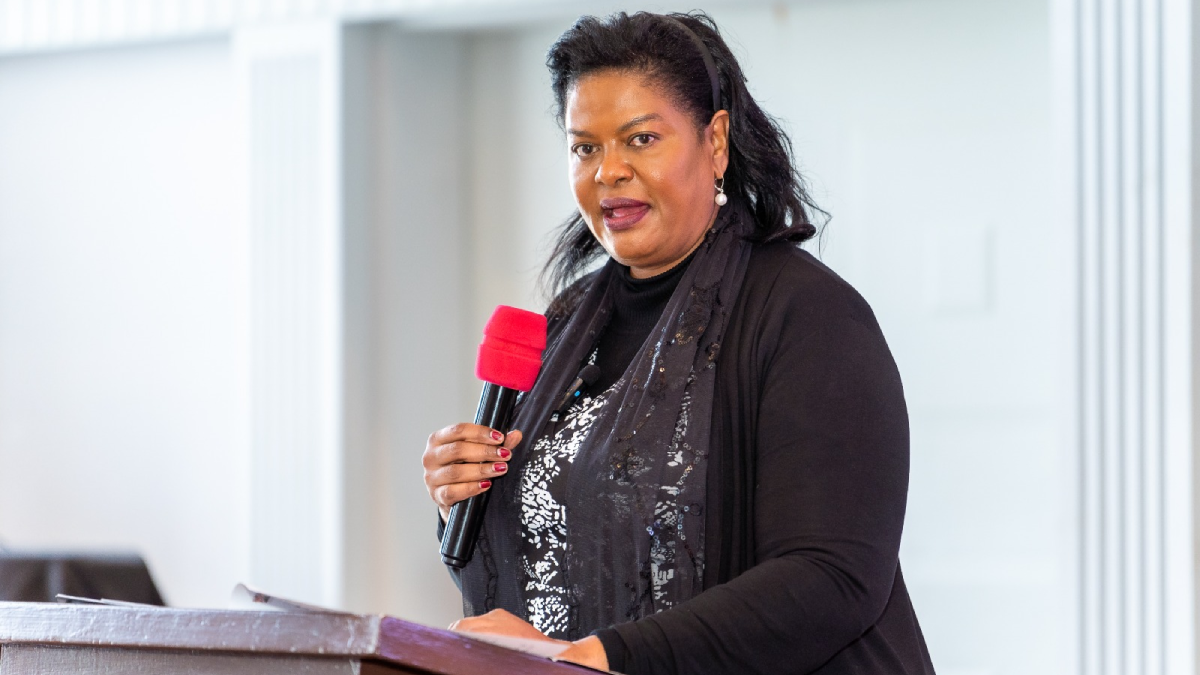
“Who made the ceiling anyway?”
The signature panel of Day 1, cheekily titled “Who Made the Ceiling Anyway?”, saw formidable women in law tear down institutional barriers through raw personal stories and fierce policy insights.
Moderated by Henrietta Ekefre of the Africa Judges and Jurists Forum, the panel included Judge Salima Rouhi (Morocco), Miriam Boit (KEBS), Debra Ajwang (BRS Kenya), Anna Njie (Gambia), Theresa Mugadza (IDLO), and Mme Saran Keita (Mali).
“We don’t just need a seat at the table. We need to redesign the entire room,” said Boit. “African women lawyers have ideas. What we need is access.”
This session paved the way for deeper conversations on Day 2 about legal leadership beyond borders.
From national voices to continental vision
On Day 2, a high-powered session featuring global partners—including the Clooney Foundation for Justice, IAWJ, GQUAL, Purpose, and the Asia Justice Coalition—saw the launch of a Pan-African Policy Playbook. It outlines shared strategies for judicial gender parity, trauma-informed courts, and cross-border mentorship.
Wandia Wanjiru, Regional Director at Co-Impact, noted:
“This isn’t just a convening—it’s a blueprint. One that threads together vision, voice, and verifiable action.”
Later that afternoon, media took the spotlight. In a dynamic masterclass led by Mildred Ngesa, journalists and legal practitioners discussed how storytelling can shift perceptions and spotlight gender justice champions.
“We must not only document injustice—we must also humanize justice,” said Ngesa. “Let’s turn courtrooms into conversations and rulings into revolutions.”
The session culminated in an agreement to develop a media toolkit for journalists covering gender justice and a pledge by media houses—including TV47—to consistently feature stories of women in law
Bridging generations, cementing change
The final day centered around intergenerational dialogue, with young legal professionals sitting alongside judicial veterans to exchange stories, strategies, and blueprints for mentorship.
A “Mentorship Manifesto” was unveiled—committing legal institutions to pair young female lawyers with senior mentors across Africa for long-term skills transfer and support. The conversation emphasized that leadership is not about replacement but alignment.
“We’re not here to pass the baton—we’re running this race side by side,” said Bridget Musungu of PALU.
Afternoon sessions focused on structural reform, resulting in a draft “Nairobi Declaration on Women’s Leadership in Law”—calling for:
Gender-responsive legal education curricula
Equitable judicial appointments across all African states
Greater inclusion of informal justice systems where women already lead
In closing remarks, Chief Justice Martha Koome, represented by the Office of the Judiciary, emphasized the Judiciary’s continued commitment to people-centered reforms under the STAJ blueprint.
“When women lead, justice deepens,” she affirmed. “This convening proves that. Let us now implement boldly, unapologetically, and together.”
From dialogue to action
As the curtains fell on July 16, one thing was clear—this was not a talk shop. It was a movement. From keynote speeches to closed-door strategy sessions, the convening left participants energized to return to their countries as justice architects—not just practitioners.



